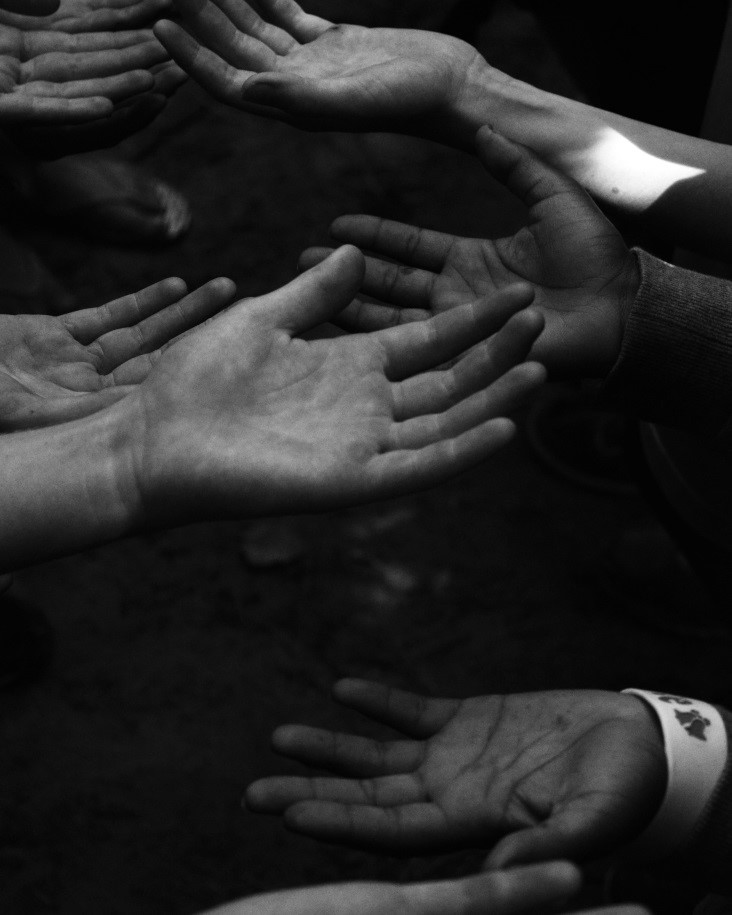In Chile, on the occasion of the upcoming elections, worrying conceptions of human rights (HR) have surfaced. Conceptions that trivialise them, with extreme lightness. From the hard left, particularly those who tend to be behind Artés’ candidacy, there are those who link them to the right to education, health, housing, pensions and a long etcetera, while they ignore what happens in the regimes they admire so much, where individual, trade union and political freedoms are severely violated through the violence of a repressive state apparatus, thereby compromising the unrestricted respect for human rights.
On the hard right, human rights are being approached by the supporters of Kast’s candidacy with a frivolity that takes us back to the times of the unmentionable. Times when euphemisms on the subject were the order of the day and today, they seem to want to return to their old ways. This is how they have so far defended the human rights violations committed by the armed forces and the carabineros. In their defence, at most they have described such violations as isolated events or as regrettable excesses, without acknowledging to date the existence of a policy of extermination of the opposition. A policy applied by the repressive bodies created specifically for this purpose. The case of the beheadings was one of the most emblematic. The country witnessed a policy of human rights violations that included dismissals, torture, disappearances, assassinations, kidnappings, executions, persecutions and exiles.
The concept of human rights came to prominence in 1948 when the United Nations Assembly resolved to adopt the Universal Declaration of Human Rights. It arose as a consequence of the horrors of the Second World War, where the full power of the state apparatus was used to subjugate, humiliate and gas people on the basis of their race, sexual orientation, religious or political beliefs. The aim of such a declaration is to set limits on political and military power, i.e., that no one within the state apparatus and under its protection, in the name of the homeland, freedom, justice or whatever, can do whatever they want without being held accountable for the consequences of their actions.
In democracy, it is assumed that military power is subordinate to political power. Unfortunately, since the beginning of the democratic transition this subordination has been dubious, to say the least. Political power has behaved in a manner marked by fear, thereby compromising the essence of what a proper democratic regime entail. In this sense, it can be said that the democratic transition was ill-conceived from the minute that the man who lost the 1988 plebiscite had the luxury of continuing for another year, then resuming commander-in-chief of the army, and later becoming a senator for life by virtue of constitutional provisions he himself had forged.
Human Rights are trivialised when Kast’s entourage claims that Krassnoff did not violate Human Rights despite having been condemned for it, and argues that the courts can make mistakes; Human Rights are trivialised when an amnesty is promoted for those condemned in Punta Peuco; Human Rights are trivialised when they justify the “death penalty” for those condemned in Punta Peuco; HH. are trivialised when the “excesses” of organisations are justified on the most diverse grounds as if their executors were in charge of themselves; they are trivialised when a reduction of the state apparatus is promoted at the same time as support is given to an increase in the militarisation of the country.
I am reluctant to believe that the majority of the country is willing to disregard and ignore human rights in favour of the militarisation of politics. However, it is not out of the question in a context of corruption and discrediting of politics, along with extensive disorder and insecurity that the government shows itself incapable of resolving. It is worth noting that free countries are not free by increasing the power to intimidate citizens by encouraging a coercive and militarised state. I am convinced that the order and security so longed for by all cannot be achieved in this way, but only through face-to-face dialogue between the different political forces that embrace democracy in its fullest sense.












